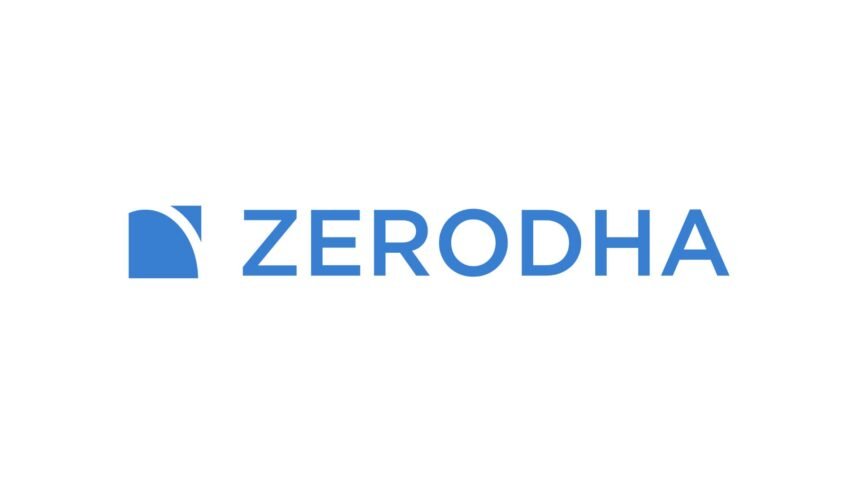New Delhi, October 4, 2025: India’s largest discount brokerage firm, Zerodha, is facing one of the toughest moments in its 15-year history. For the first time, the company has reported a fall in both revenue and profit in FY25, raising questions about the sustainability of its celebrated “zero brokerage” policy on equity delivery trades.
According to financial disclosures and media reports, Zerodha’s revenue dropped to around ₹8,500 crore in FY25, down from approximately ₹10,000 crore in FY24. Net profit also declined sharply from about ₹5,500 crore to ₹4,200 crore during the same period. The latest data from Q1 FY26 paints an even more concerning picture, with brokerage revenues down nearly 40% year-on-year.
Zerodha’s co-founder and CEO, Nithin Kamath, acknowledged that the sharp decline is a direct consequence of regulatory changes and shrinking market volumes. Key factors include the increase in Securities Transaction Tax (STT) on F&O trades, the possibility of restricting or scrapping weekly options expiries, the removal of exchange fee rebates, and changes in the Basic Services Demat Account (BSDA) structure. Collectively, these measures have hit both trading activity and broker revenues, leaving Zerodha little choice but to rethink its long-standing model.
The bigger question now is whether Zerodha will continue offering zero brokerage on equity delivery trades, a policy that has defined its identity and attracted millions of retail investors. Kamath has indicated that the company may be forced to introduce charges on such trades if regulatory tightening around weekly options and derivatives continues. “The time has finally come for business to pivot,” he wrote in a recent blog post, signaling that the free equity delivery model may soon be phased out.
Despite the financial pressure, Kamath reassured users that the company remains on solid ground, with no debt on its books and a net worth exceeding ₹13,000 crore. Zerodha continues to position itself as a transparent and investor-first platform, but the looming pivot could change the dynamics of India’s online brokerage industry.
For retail investors, especially long-term shareholders who rely heavily on delivery trades, the introduction of charges would mean higher transaction costs. It could also alter competition among brokers, many of whom already charge for delivery trades and may benefit if Zerodha revises its model.
The company’s announcement marks a turning point for Indian retail investing. The free equity delivery trades that revolutionized the brokerage industry in the last decade may soon be a thing of the past. Ultimately, the course ahead will depend on SEBI’s next set of regulatory decisions and how Zerodha adapts to safeguard both its revenue and its reputation.















